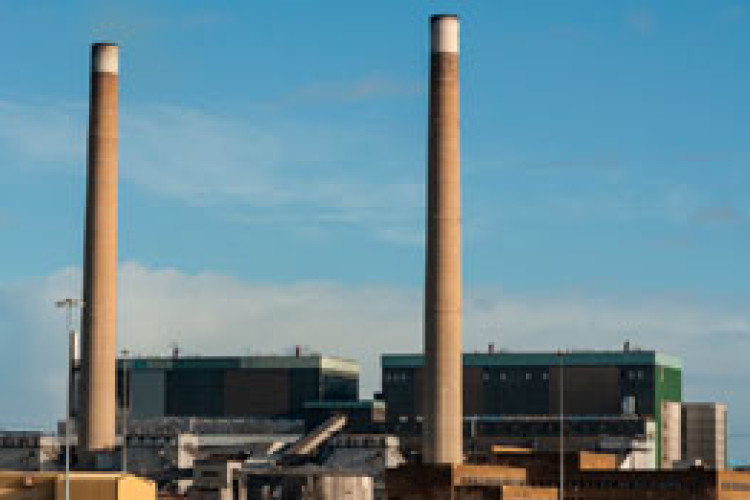The government spent £100m on a competition to promote carbon capture and storage (CCS) schemes but it all fell apart.
This was even after £68m had been spent on a previous competition for CCS, which it cancelled in 2011.
NAO’s report1 finds that the Department for Business, Energy & Industrial Strategy’s plan to use a second competition to develop and deploy carbon capture and storage was ambitious, but ultimately, unsuccessful when the Treasury pulled the rug away because of uncertain over costs.
NAO head Amyas Morse said: "The Department has now tried twice to kick start CCS in the UK, but there are still no examples of the technology working. There are undoubtedly challenges in getting CCS established, but the Department faced an uphill battle as a result of the way it ran the latest competition. Not being clear with HM Treasury about what the budget is from the start would hamper any project, and caused particular problems in this case where the upfront costs are likely to be high. The Department must learn lessons from this experience if it is to stand any chance of ensuring the first CCS plants are built in the near future."
Carbon Capture Storage involves capturing CO2 from sources such as power stations and energy intensive industries, transporting it through pipes and storing it, usually underground. If it is combined with CCS, coal and gas could be used as a low-carbon means of producing hydrogen. This can potentially be used as a way of heating industrial furnaces, powering vehicles and as the main heating fuel in homes and businesses. Globally, there are 15 examples of large-scale CCS operating and 23 more being developed. None of these are in the UK. Like other low-carbon technologies, CCS is currently too expensive in the UK to be commercially viable for private investors, the NAO says.
The NAO report says that developing a working CCS scheme was challenging because the untried nature of the technology meant the costs and benefits of the proposed projects were inherently uncertain. Given the level of challenge, it was an achievement for the Department to sustain negotiations with the preferred bidders to the point where it gained valuable technical and commercial knowledge about how to deploy the competition projects. But any value that could be gained is contingent on the Department applying the lessons it and the sector has learnt as a result of the competition.

The NAO found the Department began the competition without agreeing with HM Treasury on the amount of financial support available over the lifetime of the projects. This ultimately contributed to HM Treasury’s decision to withdraw £1bn of funding from the competition, leading to its cancellation, as it was concerned about future costs to consumers. The Department had, however, designed the competition so it could withdraw from supporting its preferred bidders without incurring cancellation costs.
The terms of the competition contributed to one of the two shortlisted projects being unlikely to reach the construction phase. The Department funded two developers to undertake work that would reduce the commercial and technical risks surrounding the construction of the first CCS plant. One of the two shortlisted projects, backed by a consortium, was not able to present a proposal compliant with the Department’s risk allocation as it was struggling to allocate risks between the parties involved. The other competition was more commercially viable but would have had fewer benefits for reducing the costs of subsequent CCS projects.
The NAO says that many stakeholders think the government needs to carry more risk if it is to enable CCS to be deployed affordably to consumers. However, while this could reduce delivery costs, it could also expose taxpayers to losses if risks materialise.
The NAO also found that flaws in the Department’s design and implementation of its Levy Control Framework, which caps the costs of certain consumer-funded policies, also impacted on CCS investors’ confidence.
1. Carbon Capture and Storage: the second competition for government support
Got a story? Email news@theconstructionindex.co.uk



